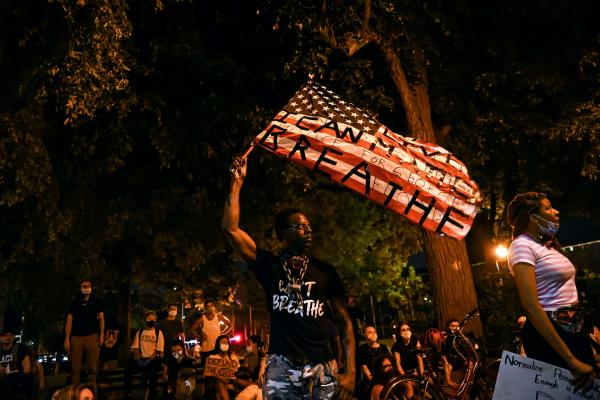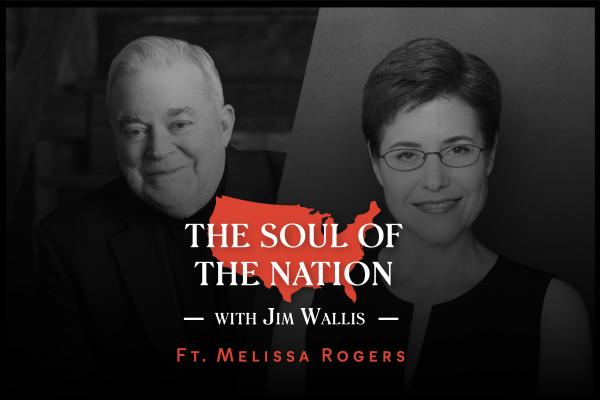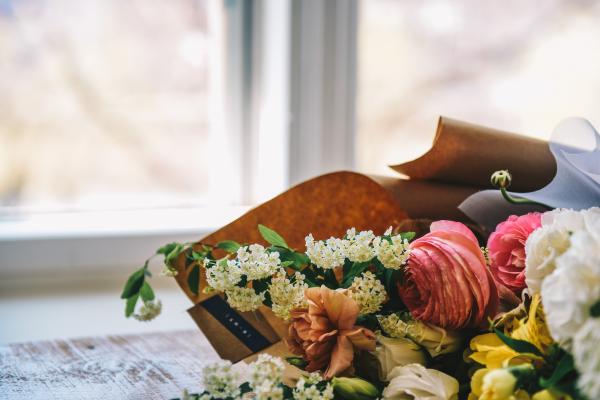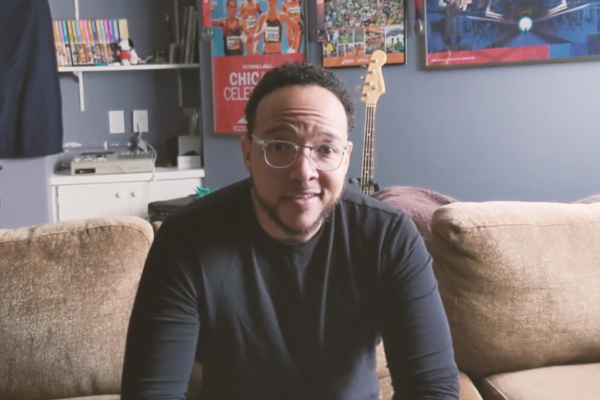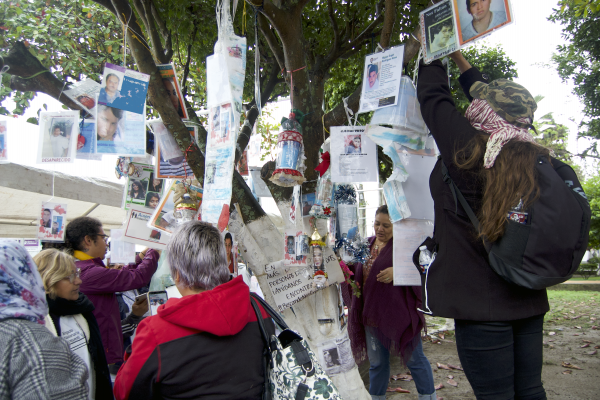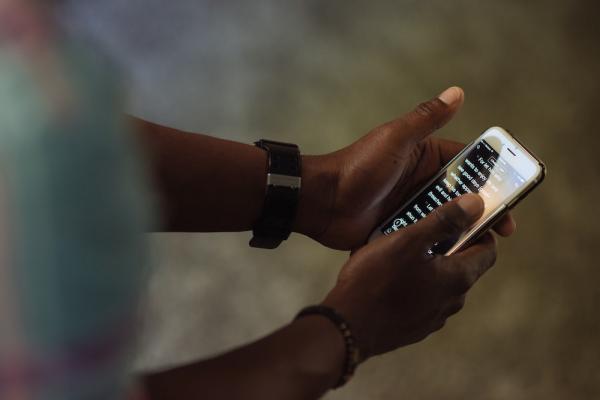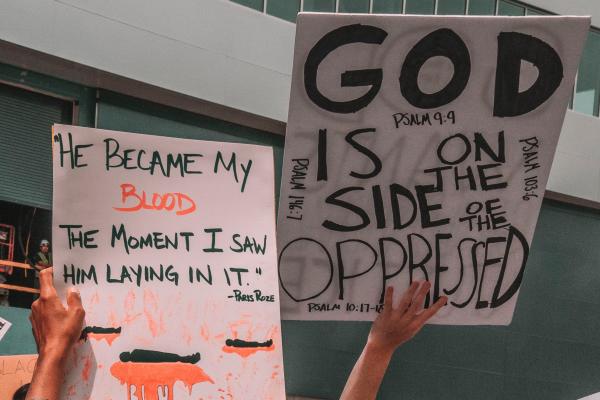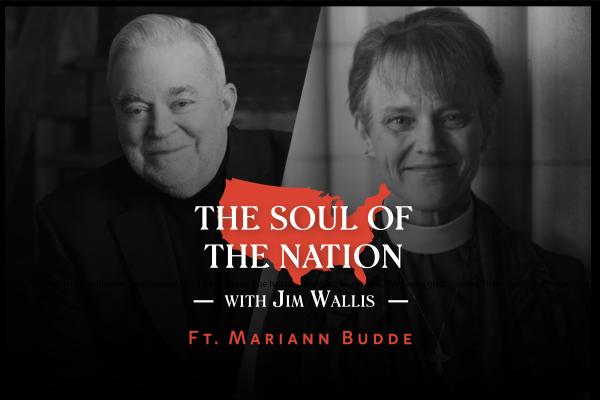Black people don’t always end up dead when encountering police. But we almost always end up wounded.
How do you balance the sometimes competing demands of religion and democracy? Religious and legal scholar Melissa Rogers talks with Rev. Jim Wallis on about the fine line that is sometimes hard to distinguish when examining our duty to our religion and our government.
Rituals surrounding death provide solace and comfort. Ceremonies, such as funerals, hold our challenging and complicated emotions and provide space for us to acknowledge and accept the reality of death. But when we are not able to be physically held by those outside of our own home or partake in our religious rituals and death traditions, how do we process the death of those we love? Even as states reopen and larger groups are permitted to gather, some people are still apprehensive about convening. In this unfamiliar and uncertain moment, how do we mourn?
Black people have the most grace
You know why we insist that we strong
Cause for 400 years we have carried this weight
We got out okay
We are not okay
You are not okay
This is not okay
Desde donde me encontraba en la iglesia de Papantla, esperando agarrar aire cerca de la puerta lateral, miré a mi alrededor para ver docenas de mujeres con los ojos llenos de lágrimas. La procesión volvió a las calles de Papantla, encabezada por el obispo con sus vestimentas verde esmeralda. Marcharon durante la siguiente hora por la ciudad, sosteniendo sus fotos y gritando. Los espectadores se reunieron en las esquinas; los dueños de las tiendas se acercaron a la puerta para ver pasar a la multitud. "Unete, únete, que tu hijo puede ser," cantaban.
“My name is Maria Herrera,” she told the congregation, “and I have four disappeared sons.” She went on to plead for their solidarity: for anyone with information about where the brigade might find clandestine graves to speak out. The brigade, Maria emphasized, doesn’t look for guilty parties. They don’t care about finding out who took their loved ones. They just look for their family members, dead or alive.
To my acquaintance, and white people who need to hear it, I say this lovingly and from a place of abundance, without scarcity: I know you are hurting too. You are human. But this is not about your pain.
When the spirit came down and lit a fire in the remnant of Jesus followers on Pentecost, those followers immediately went out to the streets and protested.
Mariann Edgar Budde, bishop of the Episcopal Diocese of Washington, speaks with Rev. Jim Wallis about our need to focus our outrage on the tragic death of George Floyd and the systemic structures that caused it. She warns against being distracted by Donald Trump's brazen attempt to falsely cloak himself with spiritual authority by staging a photo op in front of St. John's, Lafayette Square.
